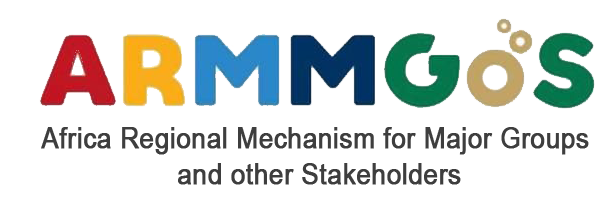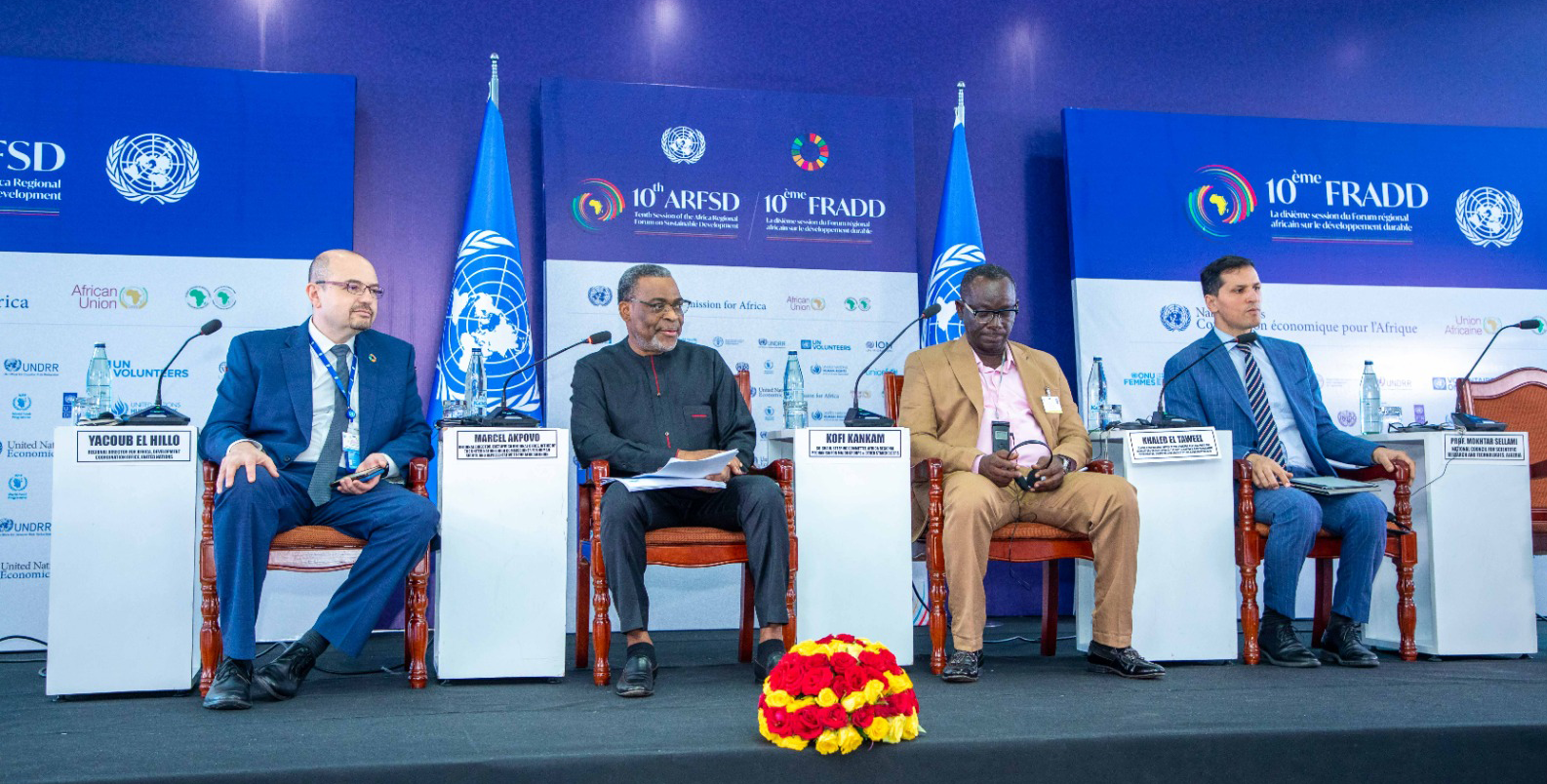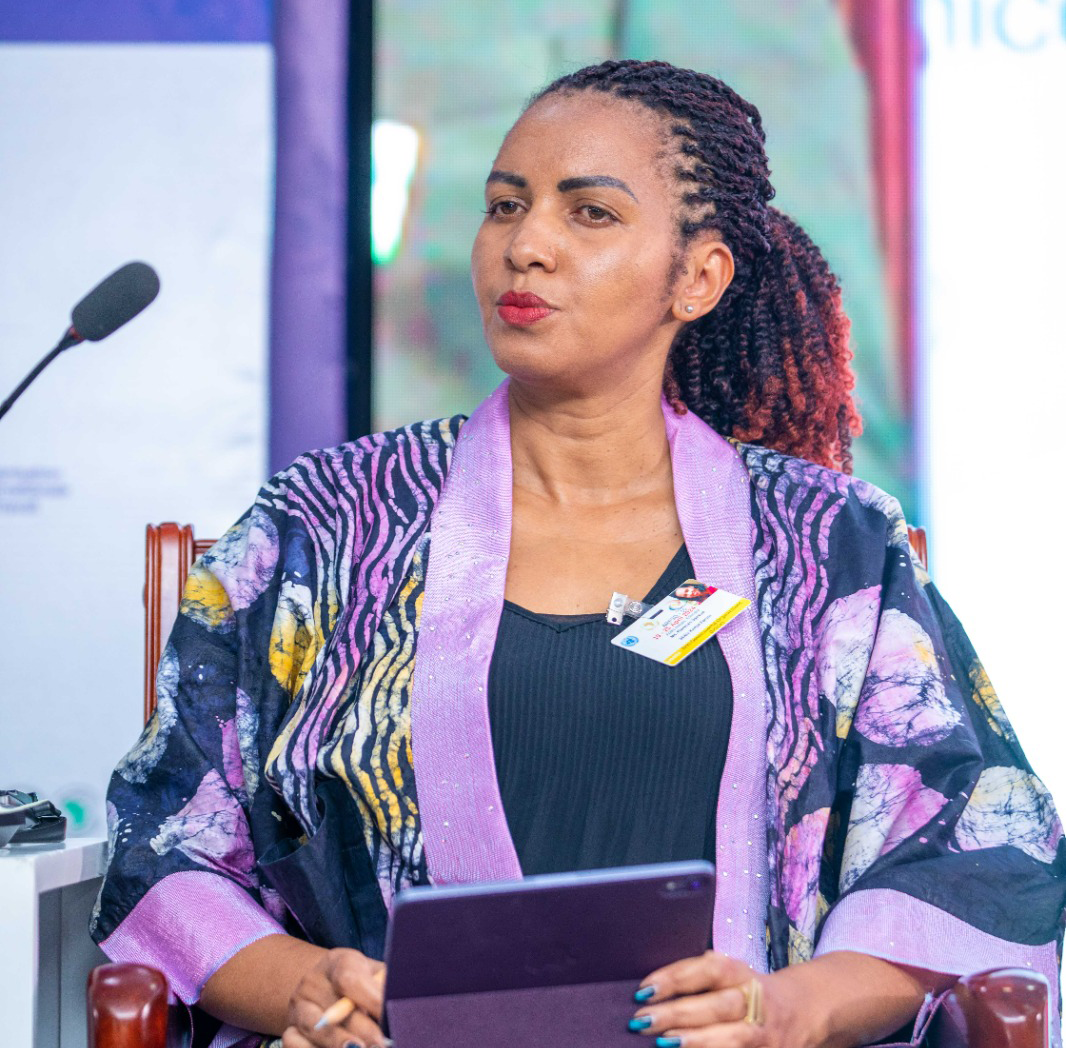The decision to establish Africa Regional Mechanism for Major Groups and other Stakeholders (ARMMGoS) formerly known as Africa Regional Civil Society Engagement Mechanism (ARCSEM) was reached by members of Major Groups and Other Stakeholders, and civil society organizations in Africa who attended the first Africa Regional Forum on Sustainable Development (ARFSD-1) on 15th June 2015 as a way of institutionalizing the engagement of Major Groups, Other Stakeholders and Civil Society Organizations in Africa in Sustainable Development Processes in the region.
An issue paper on Institutionalization of Major Groups, Civil Society and Other Stakeholders was prepared by the Interim Technical Committee in June 2015 and consulted on widely by Major Groups, Other Stakeholders, and Civil Society organizations in the region for four years.
The issue paper considered a number of best practices on institutionalization of major groups, civil society and other stakeholders at both regional and global levels, and recommended institutionalization options for consideration by the membership with the aim of defining an optimal structure and specific functions of the proposed Pan-Africa Regional Civil Society Engagement Mechanism to facilitate a stronger cross constituency coordination and to ensure that all African voices are equally represented. This was done while recognizing and considering the existing efforts by African civil society organizations to organize and coordinate better and to ensure that the African voices especially the marginalized and excluded are being amplified, and represented in national, regional, continental, and global platforms.
Building on the series of discussions carried out since the first Africa Regional Forum on Sustainable Development and in the subsequent Africa Regional Forum on Sustainable Development between 2015 and 2019 with: Members of Major Groups, Other Stakeholders, and Civil Society Organizations in Africa; Asia Pacific Regional Civil Society Engagement Mechanism; HLPF MGOS Coordination Mechanism Steering Group; National Sustainable Development Platforms; and UNECA, there is a clear convergence of views on the need for Africa Regional Civil Society Engagement Mechanism to focus coherently on the Post 2015 Development Framework which includes Agenda 2030 and the Sustainable Development Goals and other global frameworks adopted by the United Nations, with Africa Regional Forum on Sustainable Development, and the High Level Political Forum as the main regional and global platforms for engagement.


